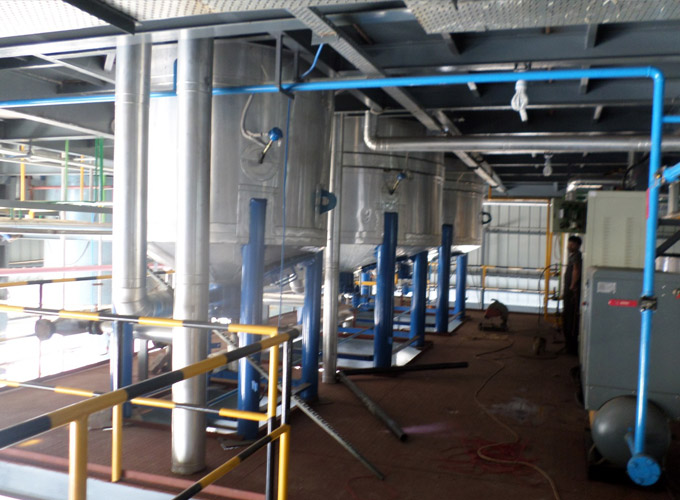In recent years, the food industry has been increasingly prioritizing sustainability. Among the various components that contribute to sustainable food production, soybean oil has emerged as a key player. This article explores the refining of soybean oil and how it aligns with the principles of sustainable development, highlighting its environmentally friendly production methods and efficient resource utilization.

The refining of soybean oil utilizes production methods that significantly reduce environmental impact. Techniques such as cold-pressing and chemical-free processes help minimize the ecological footprint associated with oil extraction. By favoring renewable energy sources and implementing water-efficient practices, the soybean oil refining industry is paving the way toward sustainable food production.
Efficient resource utilization is essential for sustainable food production. The soybean oil refining process maximizes the use of natural resources while minimizing waste. By-products generated during refining can be transformed into animal feed, biofuels, or other valuable products, creating a circular economy that benefits both the environment and the industry.

Beyond its sustainable production, soybean oil offers numerous health benefits, making it a preferred choice in food manufacturing. Rich in omega-3 fatty acids and antioxidants, it supports heart health and contributes to balanced nutrition. These health advantages further reinforce the role of soybean oil in promoting sustainable food practices.
The refining of soybean oil stands as a testament to the food industry's commitment to sustainable development. With environmentally friendly production methods and efficient resource utilization, soybean oil plays a crucial role in supporting sustainable food production. As consumers continue to seek healthier and more sustainable food options, soybean oil is poised to remain a vital ingredient in the evolving landscape of the food industry.


